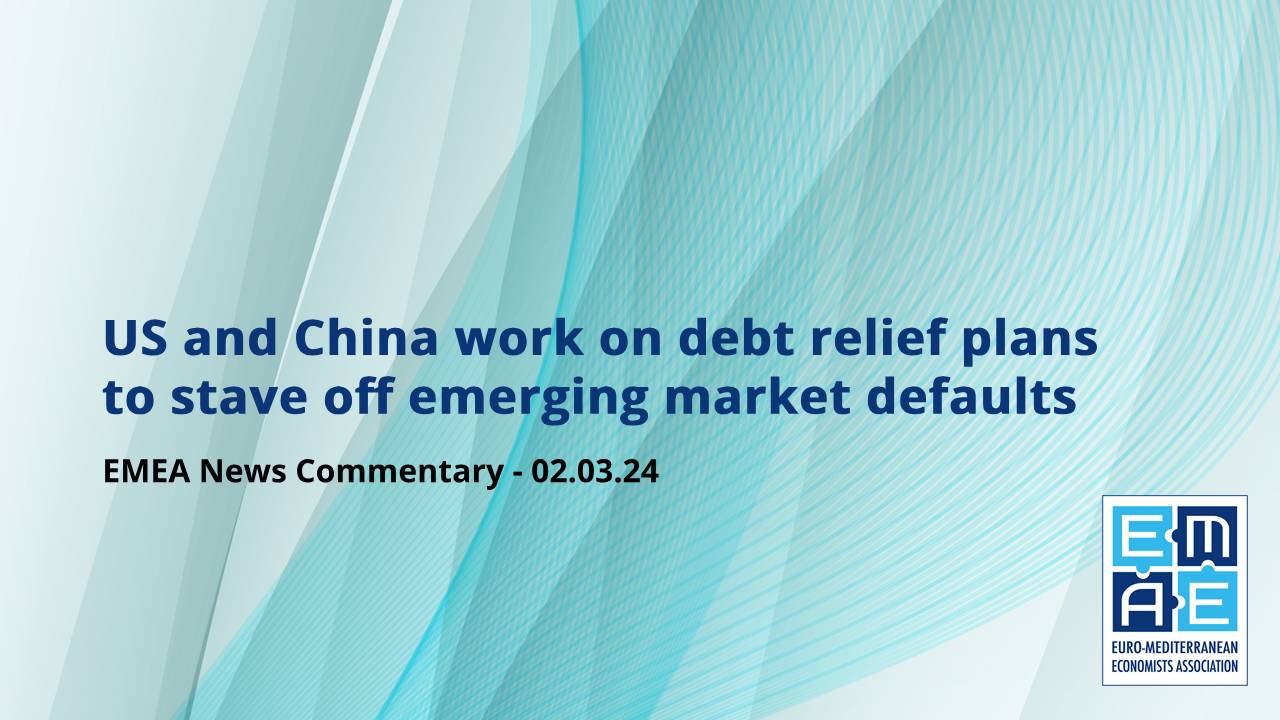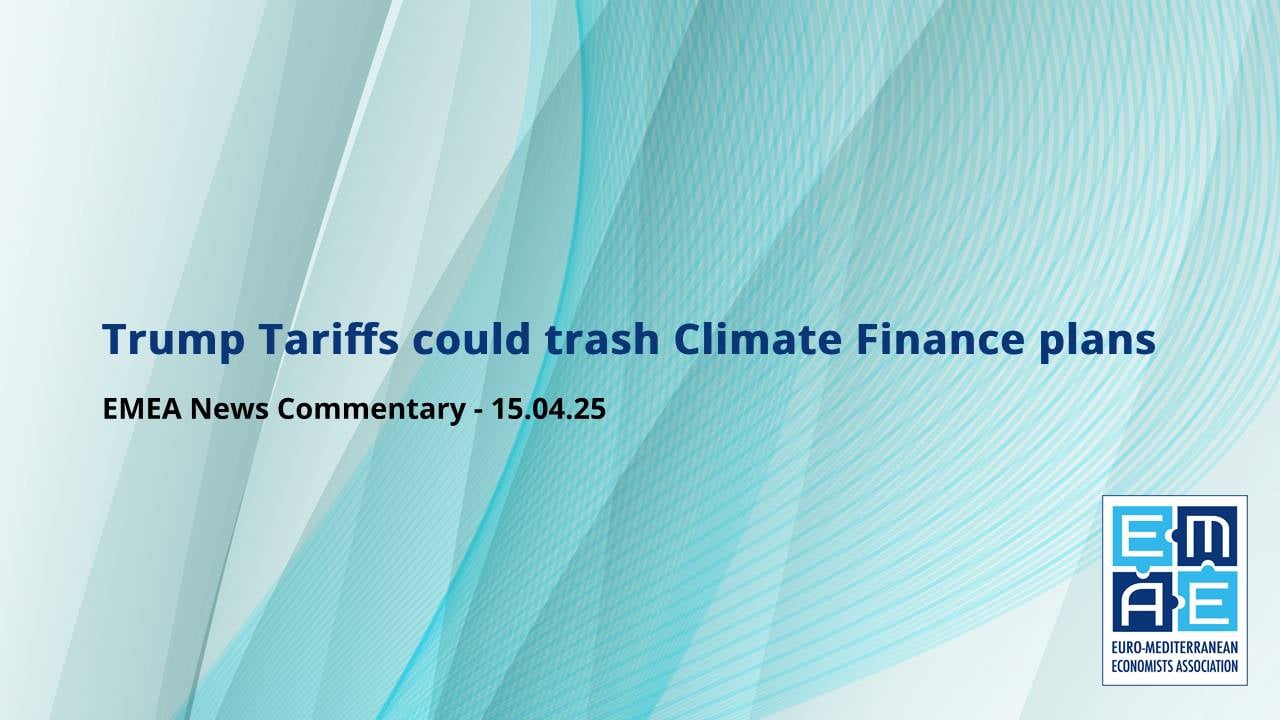In what’s been described as potentially the biggest joint economic project in years between rival global superpowers, the United States and China are discussing measures to ward off “a wave of emerging market sovereign defaults.”
According to Bloomberg, the plans include extending repayment terms before countries miss due payments and helping them avoid punishing market-rate borrowing costs. The objective is to reduce the developing nation annual debt service burden, currently said to be running in excess of $400 billion.
Other measures to create a more conducive repayment environment could “include increasing financing from the World Bank and other multilateral banks.” This would enable a resolution to debt distress “before countries default and enter formal restructuring talks with creditors.”
The report said that any global sovereign debt proposal emanating from the US and China would need to have the blessing of the G20, along with the International Monetary Fund and the World Bank, collectively described as “the trifecta that’s struggled to resolve global debt distress issues since the pandemic.”
Furthermore, for any plans to hold firm, it would inevitably need private creditor support, since they had “captured a bigger share of emerging market sovereign lending” which would necessitate “a bigger say at the negotiating table.”
Talks between the US and China were said to be on-going, after first being instigated prior to Presidents Joe Biden and Xi Jinping meeting in California last November.
Although discussions were described as being at an early stage, it was suggested that a proposal could be brought before G20 leaders at their November gathering in Rio de Janeiro.
Although the US Treasury Department hadn’t gone into detail about the discussions, they stated that “we talk frequently with China about sovereign debt concerns” and more generally about ensuring “the international financial architecture is meeting low-income country financing needs.”
Meanwhile, at a recent press briefing in Beijing, Chinese Foreign Ministry spokeswoman, Mao Ning, said her nation “attaches great importance to the debt issues of developing countries.” She added that the US and China had discussed the topic “via multilateral and bilateral channels.”
Common Framework drawing criticism
Given the enormous influence that the two sides exerted on global debt issues, Bloomberg said a joint US-China approach would be “a breakthrough.” The Treasury Department in Washington dominated the global financial narrative, whilst Beijing, as the single largest creditor to developing countries, had veto power over many deals.
Fears that progress was faltering on debt restructuring talks – Zambia and Ghana being two cases in point – had given added urgency to the US-China initiative.
Zambia had defaulted in 2020 and was still unable to resolve a way to overhaul its debts. Having supposedly reached agreement in late 2023 to restructure over $3 billion of debt, this had fallen apart “amid a standoff between Beijing and bondholders.”
Impoverished nations were currently engaged in debt relief talks under the Common Framework, established by the G20, World Bank and the IMF back in 2020.
But serious questions were now being asked about the Framework, which “has drawn criticism for moving forward at a dangerously sluggish pace, leaving defaulted countries suspended for years while dissuading others near bankruptcy from seeking help given the grinding process.”
“A lost decade” of economic stagnation
According to the World Bank, in 2022 alone, developing nations spent a record $443 billion on debt service payments. The Bank had warned that this situation risked “tipping them into crisis and creating a “lost decade” of economic stagnation.”
Bloomberg said they had compiled data, which had calculated that around 12 developing nations were either in default or had global bonds trading at levels which suggested “the market is bracing for the country to miss payments.”
Meanwhile, although international capital markets had begun reopening for some emerging-market borrowers, these were “at rates that are likely to only worsen budget burdens.”
US, China Exploring New Debt Relief Options to Avoid Emerging-Market Defaults – Bloomberg





